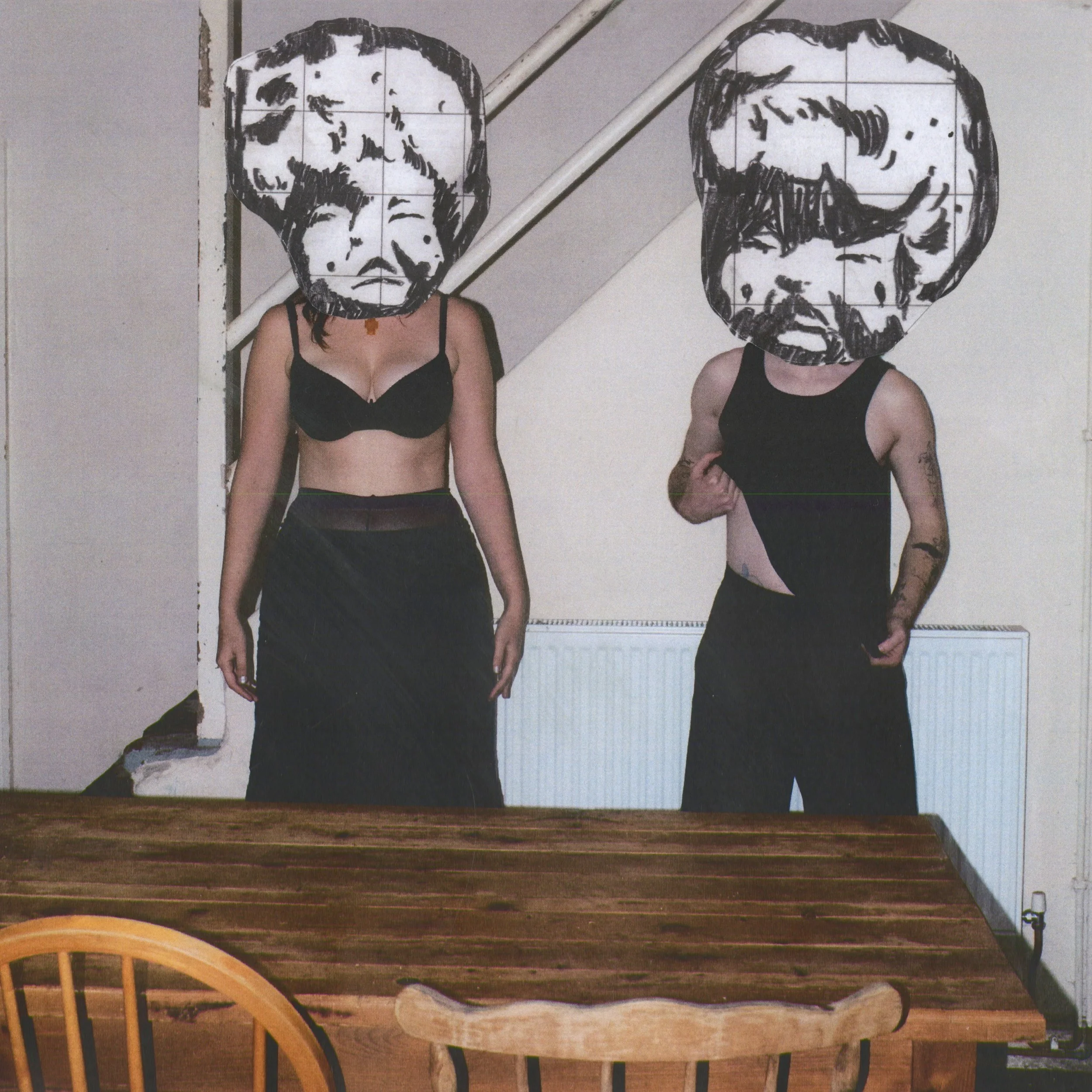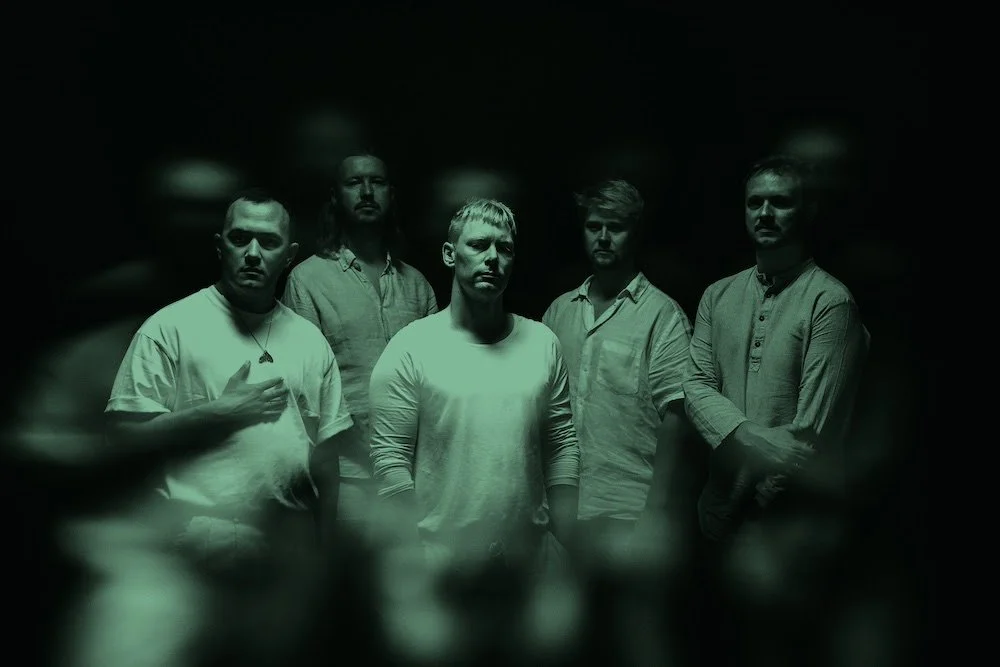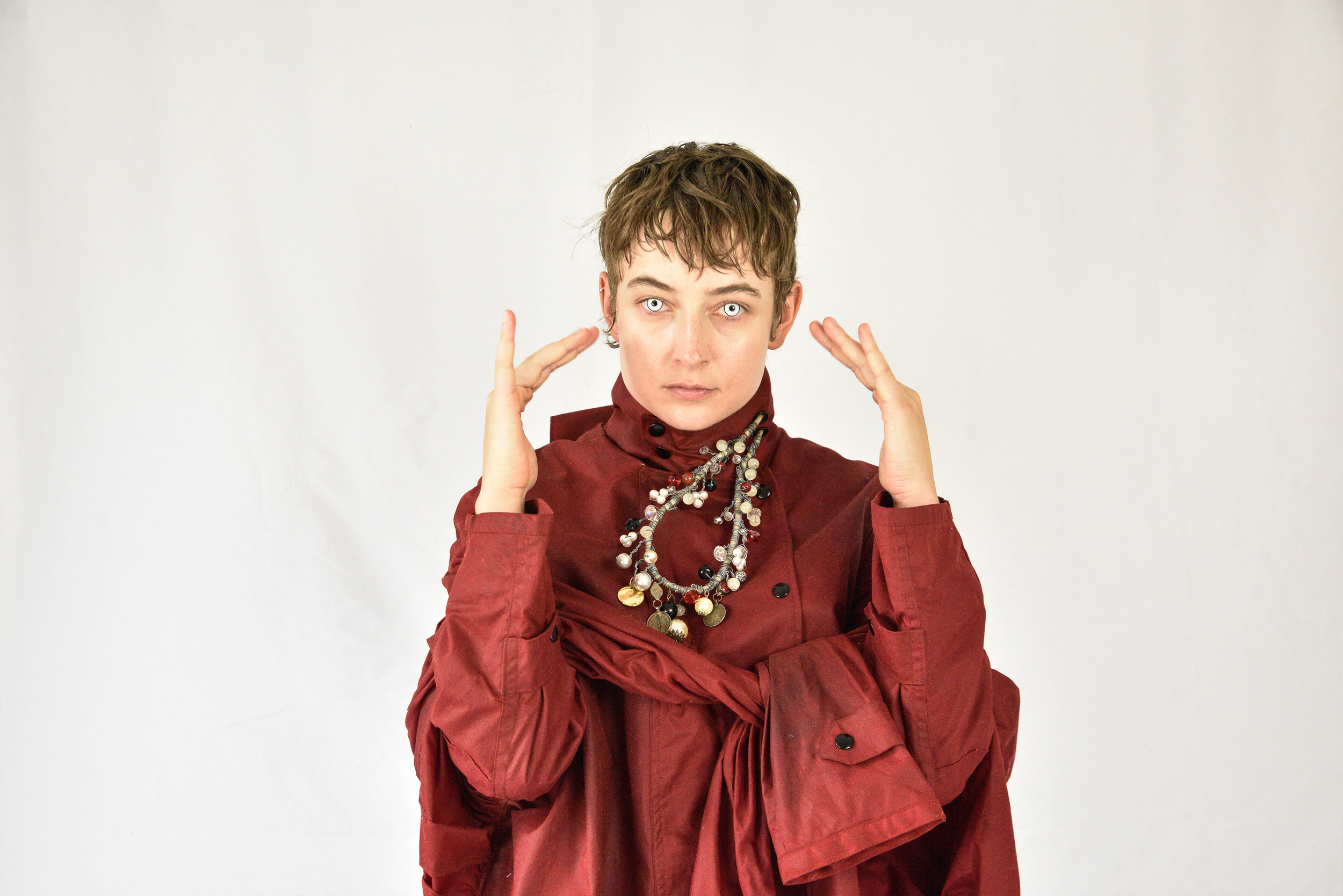Album Review: The Japanese House - 'In The End It Always Does'
Amber Bain, aka The Japanese House is back with her sophomore record In The End It Always Does and it’s even more impressive than her debut album Good at Falling.
Bain began performing under the name The Japanese House in 2012 and was introduced to Matty Healy (The 1975 frontman) by a friend. Healy was taken with her as an artist and started producing with her, after she was signed to the Dirty Hit label.
Her debut EP Pools to Bathe In was released in 2015, followed by three more Eps from 2015-2017, before her debut Good at Falling arrived in 2019, to much critical acclaim.
In The End It Always Does will be continuing her run of fantastic work.
Kicking off with the intro track Spot Dog, (which is actually a reworking of the theme from 101 Dalmatians) filled with gorgeous instrumentation consisting of strings and piano, it creates a dream-like feel.
Moving on to Touching Yourself, which is a sultry and vulnerable song, and you can definitely hear Matty Healy’s production on this one, with it’s hooky, catchy chorus that explodes euphorically. “I know I shouldn’t need it, but I want affection/I know I shouldn’t need it, but I need attention” she sings, in a rather breezy tone. The rhythm section is powerful and strong, and melodic, moving the verses along perfectly.
The second single, Sad To Breathe is next, opening with twinkly piano that descends until the vocals come in. “Cause you’re right, and I’m trying/To change myself but it’s tiring” Bain admits openly, just before the production takes off with a bouncy drumbeat and a lovely acoustic guitar that elevates the song. Speaking on the writing process of the song, she said: “I wrote Sad To Breathe some time ago, it’s one of the oldest songs on the record. It was very different back then; it’s gone from being solely electronic to what it is now, mostly live/acoustic instrumentation. It’s about that desperate feeling when someone leaves you and the disbelief that they could. It’s funny when you could have those kind of insane dramatic thoughts, that feel so real at the time, but can, by some miracle, look back in fondness to your entire life being ruined. It all circles back around.”
The slower, slightly jazzy Over There follows. It’s sad, but beautiful, (which seems to be a running theme with The Japanese House) with gorgeous strings running throughout.“She used to dote on me/Now she’s loving someone differently” Bain sings, delivery this heart-breaking line seemingly with ease.
The next track, Morning Pages, is undoubtably one of the highlights of the album. A gentle acoustic guitar opens the song, and it’s steady and perfectly melodic. You can tell from the opening chords that it’s going to be a deep cut. “You wait for a feeling that never quite hits/And you wait for the moment she reaches your lips” is a line that stands out in particular. MUNA feature on the track, and the blend of lead singer Katie Gavin’s voice and Bain’s voice could not be more perfect. MUNA complement the production beautifully, and vice versa. “You always come back to her” Gavin sings softly, addressing herself from the future, resigning herself to her fate.
The album’s lead single Boyhood is a contrast in sound to Morning Pages, but you don’t have to dig too deep to hear the melancholy underneath the song. A wonderful choice for a lead single, it’s touching and devastatingly honest. “I could have been somebody who/You wanted to have around to hold” Bain sings over patters of synths that pulsate gently like a soft heartbeat.
One of the most superbly produced songs on the record, Indexical Reminder Of A Morning Well Spent is a song that catches the listener off guard slightly. It kicks off with stunning acoustic guitar that could be straight from a Joni Mitchell track, echoes of the Laurel Canyon sound. Her vocals are almost ethereal and the whole song feels dreamy, like walking through a forest at twilight.
The single Sunshine Baby is next, a retrospective song about a relationship. In Bain’s words: “The chorus is kind of a submission to the end of our relationship but singing it in a positive light.” And upon listening, you can definitely hear that, the track is filled with nostalgia and fondness.
Closing the album is One for sorrow, two for Joni Jones and it is possibly the most devastating song on here. It’s named for Bain’s dog, who is mentioned in the song too. In a recent interview, Bain explained: “The lyrics are about the confirmation that my relationship was dead, and it’s the only song I’ve ever cried during the vocal take which has never happened before.” You can really feel the deep emotions that went into the making of this track. “It feels something like I’m missing you, but/Also like I’m missing me, I wanna be free” she admits.
An album even more experimental and engaging than her first, In The End It Always Does is strikingly personal and incredibly intimate.
Words by Lucy Skeet












